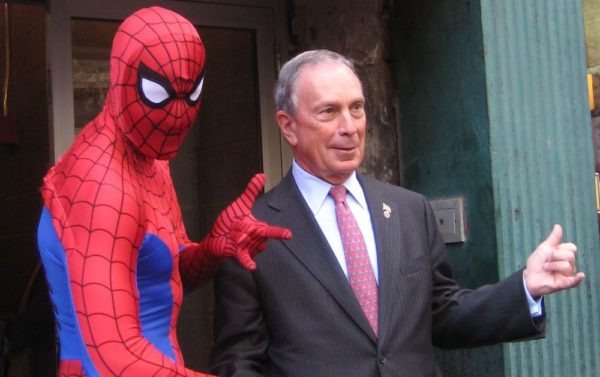Social Media Has Made Politics Impossible to Predict
We Don't Understand Why Some Campaigns Go Viral While Others Flop
U.S. citizens spend growing proportions of their lives on social media, and while they are there, they are continually invited to take part in politics. Liking, sharing, or tweeting a political news item or information about a mobilization or campaign, or signing a petition on change.org—in an earlier time, these tiny acts of participation would not have been viable. Imagine telling 2,000 people about your disgust at the death of Eric Garner, with no Internet and no smartphone. The postage and phone bills alone would put most people off—not to …














